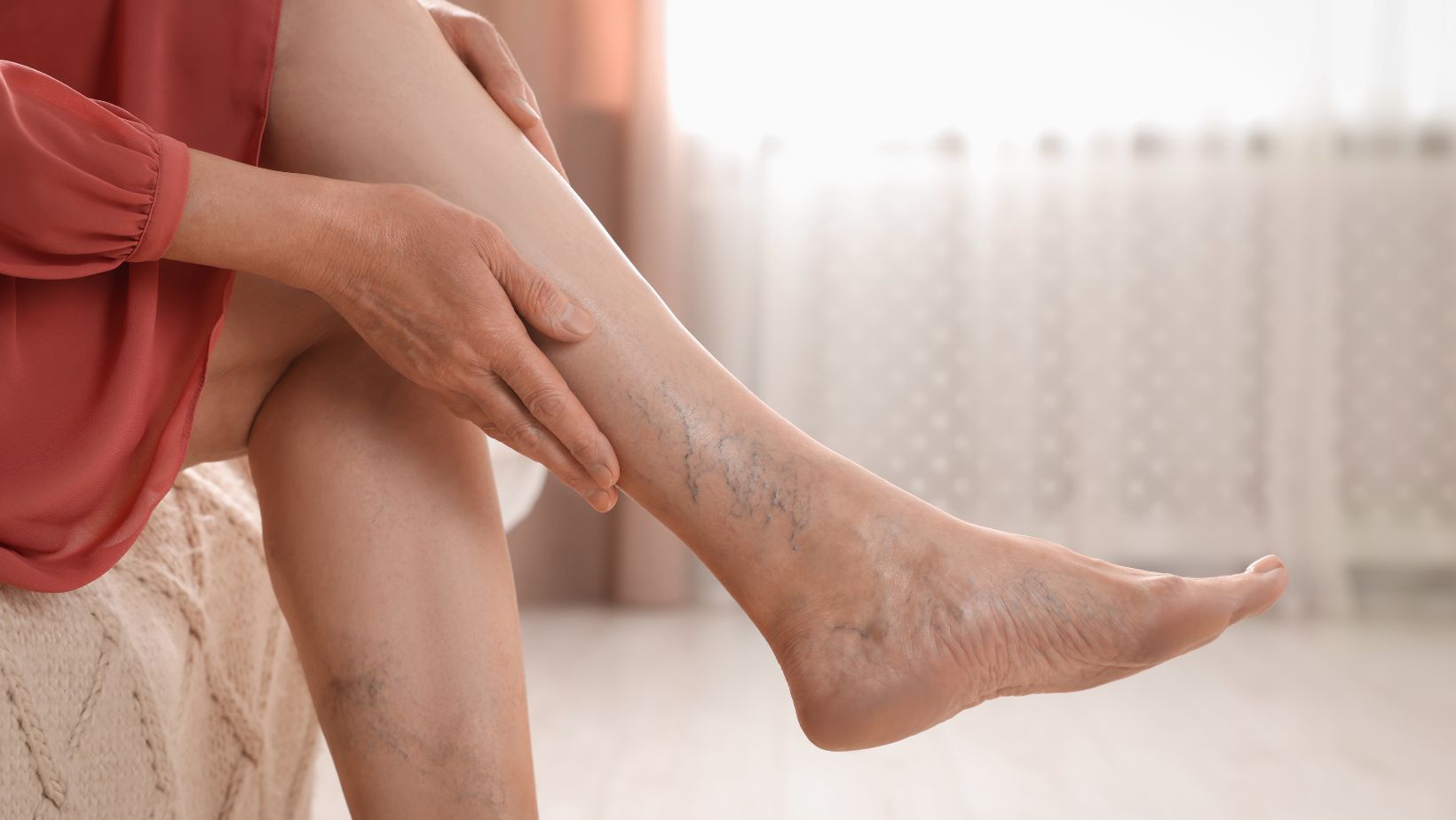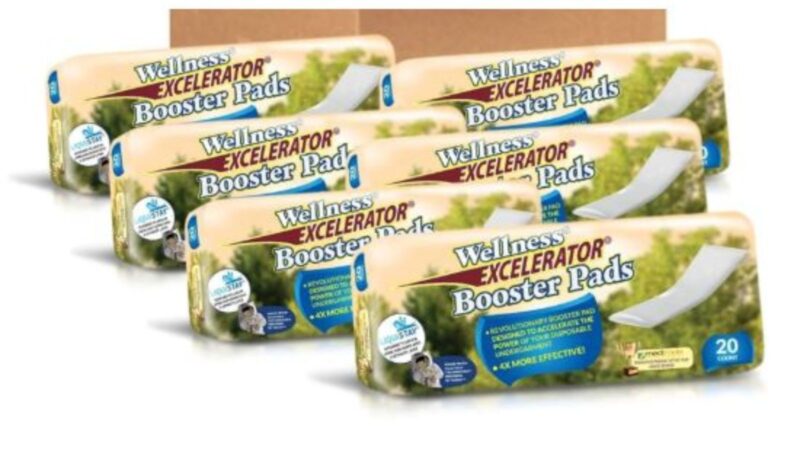
Taking the birth control pill is a regular part of life for millions of women, giving you control and freedom. However, as you manage your reproductive health, you may want to consider the ripple effects those daily hormones have on your circulatory system. Since hormonal contraceptives subtly influence both blood clotting and the structure of your veins, understanding this connection is crucial.
How Hormones Interact With Your Veins
Birth control pills work by adjusting your hormone levels, mainly estrogen and progestin. While these hormones help prevent pregnancy, they also change how your blood behaves. Estrogen in particular makes your blood a little thicker than usual. This means your veins have to work harder to move blood upward from your legs. Over time, that extra strain can show up in ways many women brush off, like:
- That annoying tired leg feeling
- Subtle but persistent swelling
- Achiness that seems worse after a long day
None of these symptoms mean something is wrong with you, they’re just signals your veins are under a little more pressure than usual.
The Deep Vein Thrombosis (DVT) Connection
For many women, the most serious concern linked to combined birth control pills is the slight but significant increase in the risk of Deep Vein thrombosis (DVT). This is when a potentially dangerous blood clot forms inside a deep vein, most commonly in the leg.

While the absolute risk remains low for the average healthy woman, it is definitely higher than for women not using hormonal birth control. It’s vital to recognize the potential symptoms of a developing clot and seek immediate medical help if you notice:
- Persistent leg swelling that doesn’t go down
- Intense pain or tenderness that isn’t due to an injury
- Warmth or discoloration of the skin over the affected area
Varicose Veins After Starting the Pill
If you’re on birth control, hormonal changes can speed up the appearance of spider veins or bigger varicose veins, especially if you’re genetically prone. Estrogen can relax the tiny valves in your veins, letting blood pool and creating pressure that makes visible.
If you’re noticing new veins or old ones are becoming more obvious, a quick visit to a Chicago vein clinic can help you figure out whether your birth control is a factor and what you can do about it.
Other Risk Amplifiers
Your birth control pill isn’t the only thing affecting your veins. When vein problems show up, it’s usually a mix of factors piling up overtime. Think of this pill as a volume knob, turning up risks that are already there. Below are a few factors that can add stress to your veins along with hormonal birth control:
- Family history
- More weight
- Sitting or standing for too long
- Smoking tobacco
Simple Ways to Support Your Vein Health
You don’t have to stop taking your pill to keep your veins healthy. Small changes can make a difference:
- Walk or stretch often, like every hour if possible
- Rest feet above your heart level
- Stay hydrated to keep your blood flowing
- Consider compression stockings, especially on long days or travel
Endnote
Birth control pills influence your hormones, which can affect your veins. If you notice swelling, heaviness, or new visible veins, don’t ignore it. With a few lifestyle changes and guidance from a professional, you can protect your vein health while still using the birth control that works best for you.











